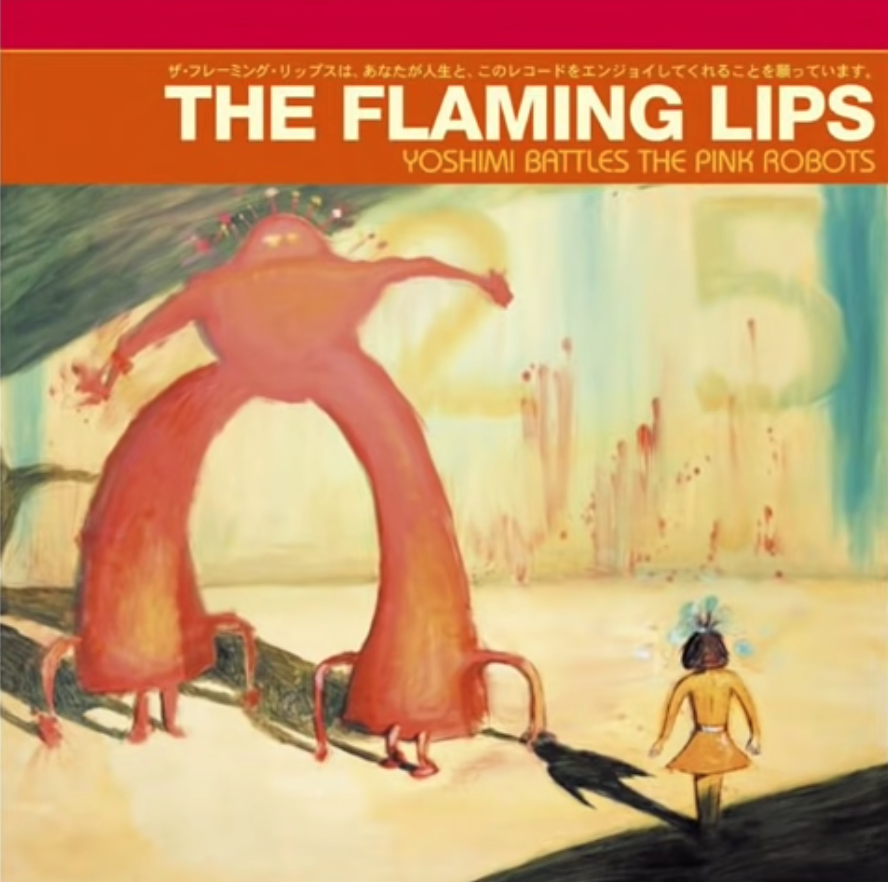Teach This Poem, though developed with a classroom in mind, can be easily adapted for remote learning, hybrid learning models, or in-person classes. Please see our suggestions for how to adapt this lesson for remote or blended learning. We have also noted suggestions when applicable and will continue to add to these suggestions online.

Listen to the song “Do You Realize” by the Flaming Lips.
The following activities and questions are designed to help your students use their noticing skills to move through the poem and develop their thinking skills so they understand its meaning with confidence, using what they’ve noticed as evidence for their interpretations. Read more about the framework upon which these activities are based.
- Warm-up: What would the world look like without humans? Why? View the images in this photo essay. What do you notice? Which images stand out the most? Why?
-
Before Reading the Poem: Listen to the song “Do You Realize” by the Flaming Lips. What words/phrases stand out to you? Why?
-
Reading the Poem: Silently read the poem “Without” by Joy Harjo. What do you notice about the poem? Note any words or phrases that stand out to you or any questions you might have.
-
Listening to the Poem: Enlist two volunteers and listen as the poem is read aloud twice, and write down any additional words and phrases that stand out to you. Or, you can watch a video of the poet reading the poem.
-
Small Group Discussion: Share what you noticed about the poem with a small group of students. Based on the details you just shared, what connections can you make between the photos and the music from the beginning of class? What do you think of the speaker of the poem? Why?
-
Whole Class Discussion: What do you think of the last four lines of the poem? “Maybe then, beloved rascal / We will find each other again in the timeless weave of breathing / We will sit under the trees in the shadow of earth sorrows / Watch hyenas drink rain, and laugh.” How do they inform your reading of the poem? Why? How are these lines similar to or different from the previous lines?
-
Extension for Grades 7-8: Choose one of the images from the beginning of class. Write a poem or story that explores the natural world without humans. What is this place like and why does it matter?
-
Extension for Grades 9-12: Joy Harjo is the former Poet Laureate of the United States. Read more of Harjo’s poetry and this interview. Discuss with your class. What can we learn from Harjo’s work? Why is it important to read and honor Native poets?
Learn more about the Muscogee (Creek) Nation in this comprehensive education resource guide by the Oklahoma State Department of Education, Indian Education. “The goal of this resource guide is to broaden the American Indian/ Alaskan Native students' awareness of Native American and Muscogee culture through weaving culturally responsive resources and indigenized instructional methods in local education agency practices. Read more.
